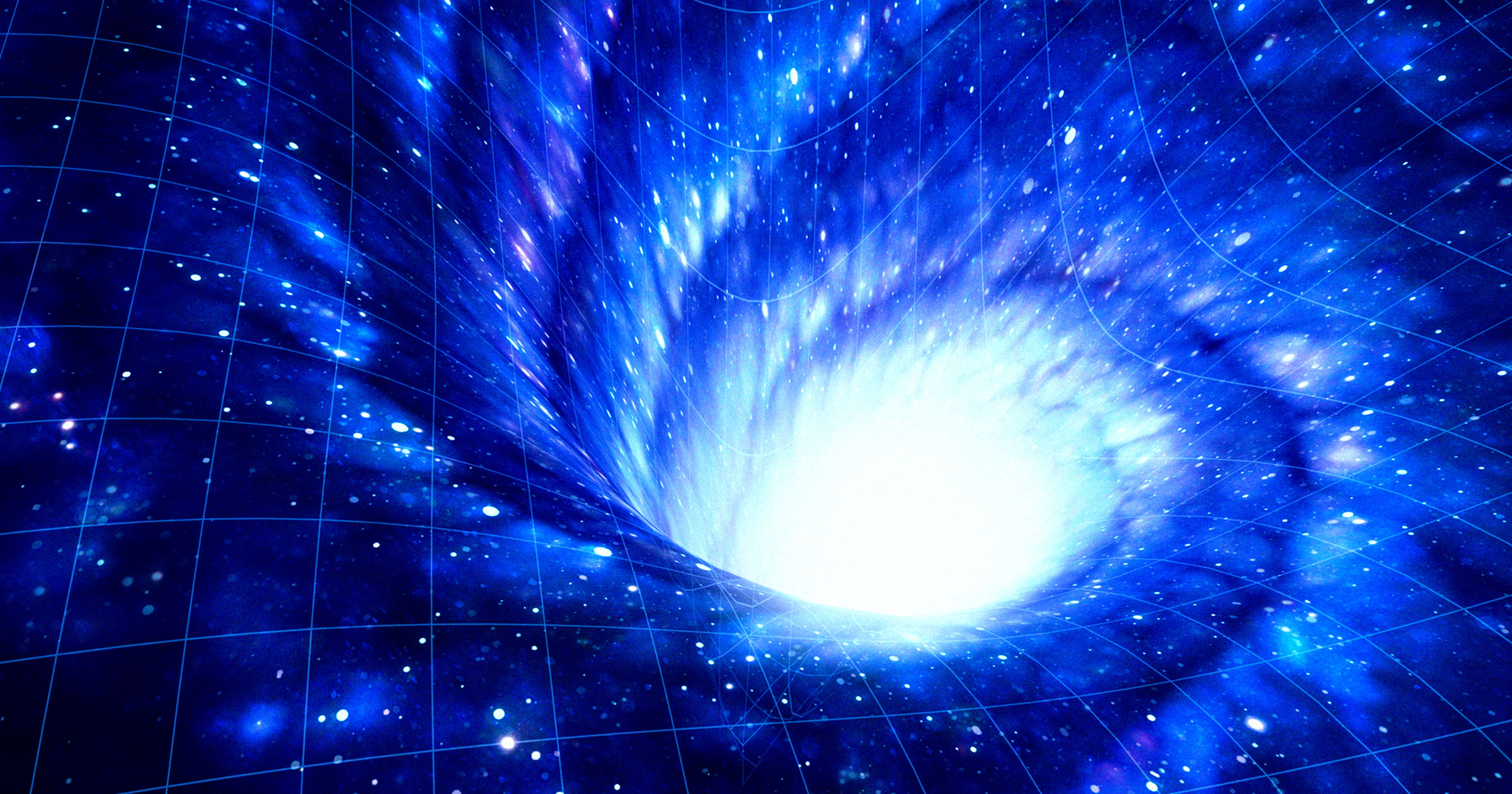
"Back in 2019, the gravitational wave observatories LIGO and Virgo detected major ripples in spacetime. While astronomers generally agree that the event, dubbed GW190521, was the result of two black holes colliding, a team of researchers at the Chinese Academy of Sciences has proposed a far more eyebrow-raising explanation. As detailed in a yet-to-be-peer-reviewed paper, first spotted by ScienceAlert, the researchers suggest that LIGO and Virgo instead picked up the signals of a black hole collision in a different universe than ours."
"The researchers point out that the signal detected by the observatories was "extremely short" in duration. Conventionally, when two black holes collide, the resulting waveform grows in strength as they get closer to each other, resulting in a telltale "chirp," as ScienceAlert explains. But GW190521 "lacks a clearly identifiable inspiral phase," theywrote, which usually accompanies these collisions as two astronomical bodies spiral towards each other."
In 2019 LIGO and Virgo recorded GW190521, a very short gravitational-wave signal attributed to a binary black hole merger. A research team at the Chinese Academy of Sciences models an alternative interpretation in which the detected signal is an echo from a postmerger wormhole formed by a black hole collision in another universe that briefly connected to ours. The team notes that the standard binary merger interpretation is slightly preferred but not decisive, and that GW190521 lacks a clear inspiral chirp expected for very massive (~142 solar mass) merging black holes. The researchers developed a waveform model to test the wormhole-echo hypothesis.
Read at Futurism
Unable to calculate read time
Collection
[
|
...
]